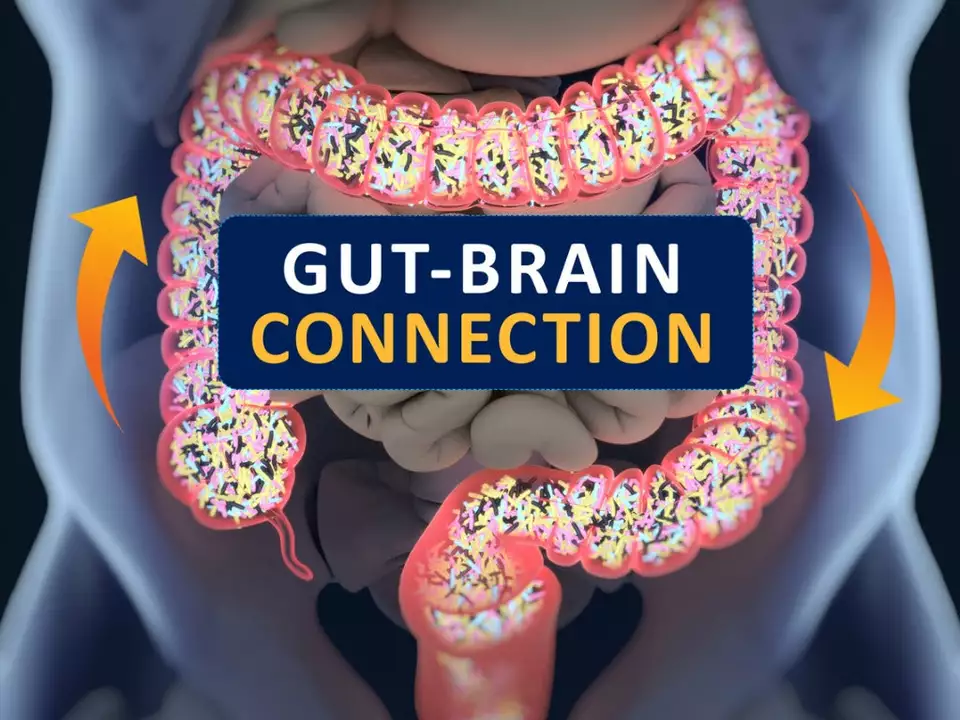Gut-Brain Axis: How Your Gut Talks to Your Brain
Your gut and brain are in constant conversation. Signals travel both ways through nerves, immune signals and chemicals made by gut bacteria. That conversation helps control mood, sleep, hunger, and even how some drugs affect you.
If you notice mood swings after a course of antibiotics, sleep shifts when your diet changes, or digestion that affects concentration—those are signs the gut-brain axis is at work. You don’t need deep science to use this info. Small, practical changes often make a real difference.
How foods and medicines change the gut-brain link
What you eat and what medicines you take shape the community of microbes in your gut. Fiber feeds helpful bacteria that produce short-chain fatty acids—these molecules can calm inflammation and influence brain signals. Fermented foods add live microbes that may help balance your gut ecosystem.
Antibiotics can shift gut bacteria quickly. If you’ve read articles on safemeds4all—like our guides on Phexin (cephalexin), Zithromax, sulfamethoxazole, or clindamycin—you’ll know they treat infections but can also disturb gut bacteria. That disturbance can affect digestion, mood, and sleep for some people. If you’re prescribed antibiotics, ask your clinician whether a probiotic or specific diet may help during and after treatment.
Simple habits to support your gut-brain connection
Try these practical steps you can start this week:
- Eat more fiber: whole grains, beans, vegetables and fruits feed good bacteria.
- Add fermented foods: yogurt, kefir, sauerkraut, kimchi—start small if you’re new to them.
- Avoid unnecessary antibiotics: ask if watchful waiting or targeted therapy is an option.
- Sleep and move: regular sleep and moderate exercise both support a healthy microbiome.
- Manage stress: breathing, short walks, or counseling reduce the inflammation that harms gut balance.
- Talk to your doctor about drug interactions: some meds affect sleep and mood via the gut. See our reads on glycine, statins and sleep, amitriptyline for insomnia, or ribavirin and sleep for real-world examples.
Want to try a probiotic? Look for products with clearly labeled strains and doses. If you have a serious condition—IBD, immune problems, or severe mood issues—check with a clinician before starting supplements.
This is a practical guide, not a diagnosis. If gut or brain symptoms are new, severe, or getting worse, see your healthcare provider. Small steps—better fiber, consistent sleep, smart use of antibiotics—often give the biggest improvements to the gut-brain conversation.

Probiotics and Gut-Brain Axis: The Connection Explained
As a blogger, I recently delved into the fascinating connection between probiotics and the gut-brain axis. It turns out that our gut bacteria play a significant role in our mental health and overall well-being. Probiotics, which are beneficial bacteria, have been shown to improve mood, reduce stress, and even aid in memory. This is largely due to their impact on the gut-brain axis, a complex communication system between our gut and brain. It's truly amazing to think that taking care of our gut health can have such a profound impact on our minds!
